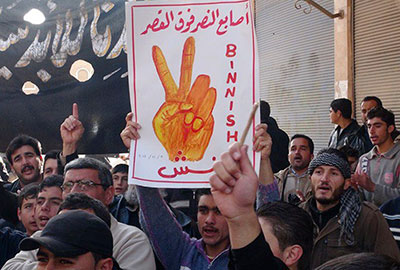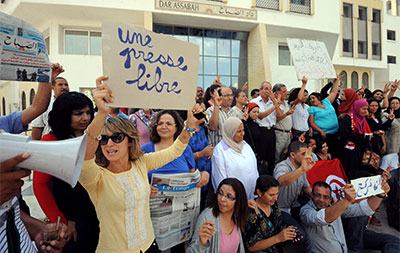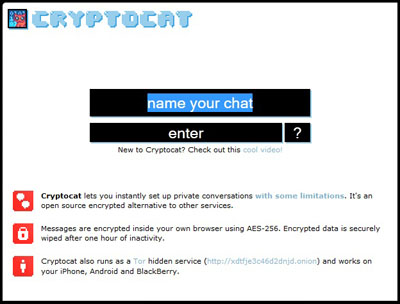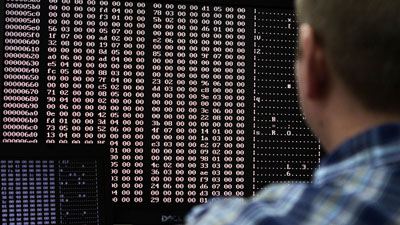
Syria’s desperate move to cut links won’t succeed
The Syrian Internet, like the country, appears to have been collapsing into a patchwork of unconnected systems for some time. I spent time talking to Syrians tech activists this week in Tunisia before Thursday’s shutdown, and their reports from the front painted a picture of two different networks.
To fight impunity, cycle of fear, silence must be broken
Three years ago, on November 23, 2009, 30 journalists and two media workers were brutally killed in the southern Philippine city of Maguindanao while travelling in a convoy with the family and supporters of a local politician. To this day, not a single suspect has been convicted, though local authorities have identified close to 200.…

Will UN plan address impunity, security for journalists?
Here are the facts:A journalist is killed in the line of duty somewhere around the world once every eight days.Nearly three out of four are targeted for murder. The rest are killed in the crossfire of combat, or on dangerous assignments such as street protests.Local journalists constitute the large majority of victims in all groups.The…
Twenty-three days to take action against impunity
Approximately 30 journalists are targeted and murdered every year, and on average, in only three of these crimes are the killers ever brought to justice. Other attacks on freedom of expression occur daily: bloggers are threatened, photographers beaten, writers kidnapped. And in those instances, justice is even more rare. Today, the Committee to Protect Journalists…

London statement urges strong steps to protect journalists
More than 40 media organizations worldwide are demanding urgent action by governments, the United Nations, and the industry to stop violence against journalists and end impunity in attacks on the press. They made their position known in a joint statement delivered today to the U.N. Educational, Scientific, and Cultural Organization (UNESCO).

At Bayeux, war correspondents stress duty to report
Syria and Libya were the main themes at the 19th edition of the Bayeux-Calvados Prize for War Correspondents, which took place this weekend in the historical city of Bayeux, a few miles away from the Normandy beaches where Allied forces landed in June 1944 to liberate Europe from the Nazi yoke.

Receding hopes for press freedom in Tunisia
These days, press freedom in Tunisia feels ever more distant. Many journalists believed that media freedoms, which were virtually nonexistent under former President Zine el-Abidine Ben Ali, would grow after his ouster. During the aftermath of the December 2010 uprising, an independent press blossomed and special commissions were set up to reform the media sector.…

In Cryptocat, lessons for technologists and journalists
Alhamdulillah! Finally, a technologist designed a security tool that everyone could use. A Lebanese-born, Montreal-based computer scientist, college student, and activist named Nadim Kobeissi had developed a cryptography tool, Cryptocat, for the Internet that seemed as easy to use as Facebook Chat but was presumably far more secure.

Dear CPJ: Some malware from your ‘friend’
We talk a lot about hacking attacks against individual journalists here, but what typifies an attempt to access a reporter’s computer? Joel Simon, CPJ’s executive director, received an email last week that reflects some characteristics of a malware attack against a journalist or activist. There was nothing particularly notable about the targeting. (Like many reporters,…

Syria, Somalia, Bahrain–where fathers bury their sons
The 17-year-old videographer Anas al-Tarsha regularly filmed clashes and military movements in the city of Homs in Syria, and posted the footage on YouTube. On February 24, he was killed by a mortar round while filming the bombardment of the city’s Qarabees district, according to news reports. The central city had been under attack for…